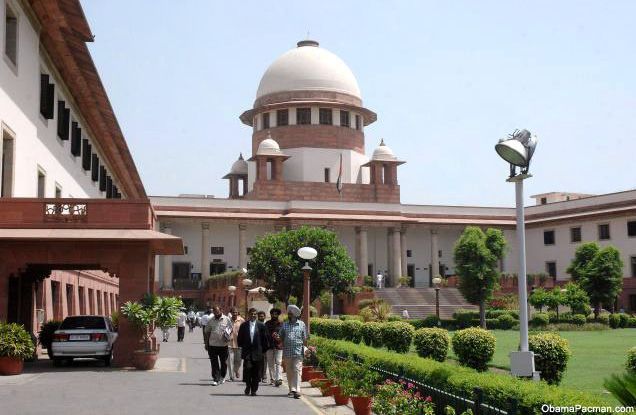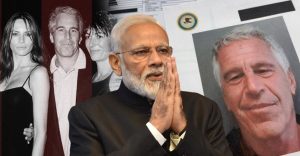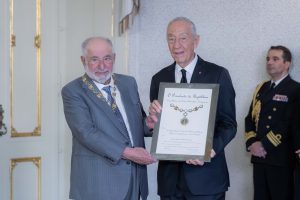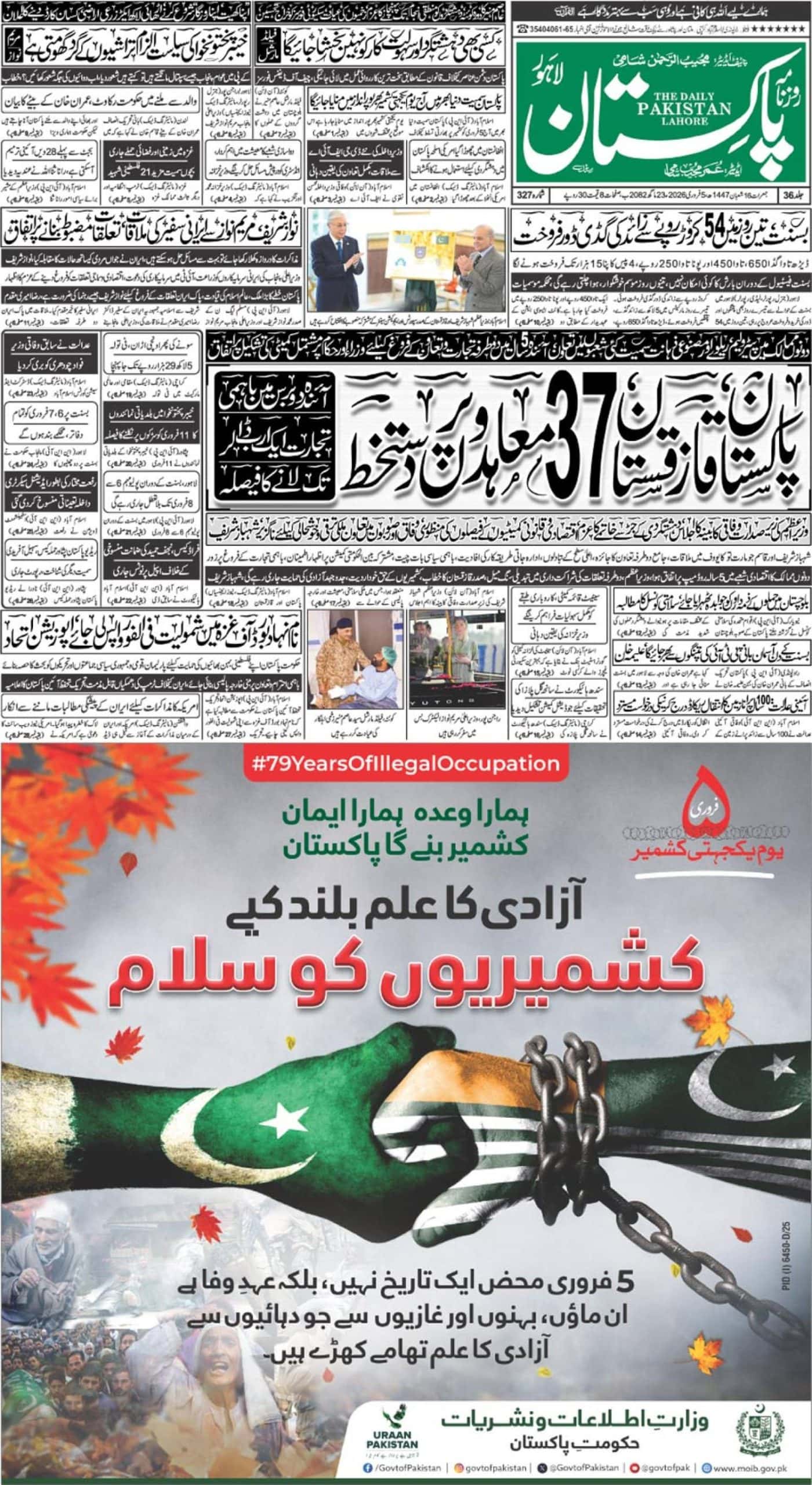NEW DELHI – The Indian Supreme Court on Thursday declined to refer to a five-judge Constitution bench the issue of reconsideration of the observations in its 1994 judgement that a mosque was not integral to Islam which had arisen during the hearing of Ayodhya land dispute.
In a majority verdict of 2:1, the apex court bench headed by Chief Justice Dipak Misra said the civil suit has to be decided on the basis of evidence and the previous verdict has no relevance on it.
Justice Ashok Bhushan, who read out the judgement for himself and the CJI, said it has to find out the context in which the five-judge had delivered the 1994 judgement. Justice S Abdul Nazeer disagreed with the two judges and said whether mosque is integral to Islam has to be decided considering belief of religion and it requires detailed consideration.
He referred to the recent Supreme Court order on female genital mutilation and said the present matter be heard by larger bench. The apex court said now the civil suit on land dispute will be heard by a newly constituted three-judge bench on October 29 as Justice Misra will retire on October 2 as the CJI.
The issue whether mosque is integral to Islam had cropped up when he three-judge bench headed by CJI Misra was hearing the batch of appeals filed against the Allahabad High Court’s 2010 verdict by which the disputed land on the Ram Janmabhoomi-Babri Masjid area was divided in three parts.
A three-judge bench of the high court, in a 2:1 majority ruling, had ordered that the 2.77 acres of land be partitioned equally among three parties — the Sunni Waqf Board, the Nirmohi Akhara and Ram Lalla.














